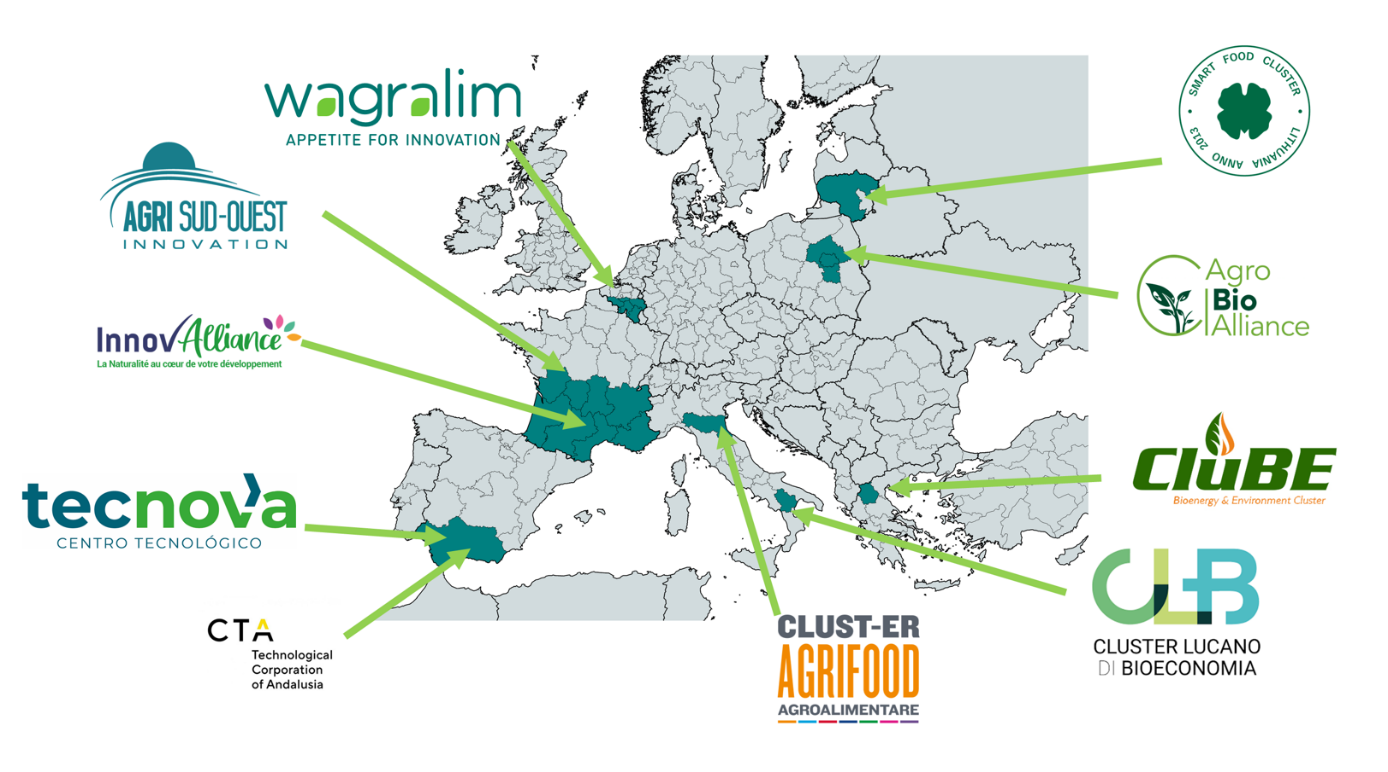S3P T&BD


Yuan Chai
International Affairs Officer (Wagralim, the agri-food innovation cluster of Wallonia-Belgium)
In a decisive move to accelerate Europe’s agroecological transition, the “Biosolutions for Sustainable Agriculture” thematic network was officially launched on 17 June 2025 in Brussels during the Europea Smart Specialisation Strategies (S3) conference. Coordinated by Wagralim (Belgium), this initiative unites 10 innovation clusters across 20 NUST 2 regions in seven EU countries.

This network stems from the European Commission's Smart Specialisation on Agri-food, a platform designed to foster interregional innovation partnerships (Thematic Smart Specialisation Partnerships, TSSPs) across Europe. Established in 2025, the Biosolutions partnership promotes biocontrol, biostimulants, and biofertilisers within the EU Green Deal, Farm to Fork strategy, and Soil Mission framework. Rooted in a One Health approach, the scheme connects plant, animal, and human health to ensure ecological resilience and economic competitiveness.
The core mission: to scale up European biosolutions and place Europe at the forefront of green biotech. The goals include:
Aligned with major S3 priorities, the partnership builds upon themes like soil health, digital agri-tech, circular bioeconomy, and green innovation.
The partnership will unfold through four strategic pillars:
Major initiatives include:
The initiative tackles critical obstacles:
By marshalling resources and stakeholders across regions—and using a quadruple-helix model (public, private, research, civil society)—the network aims to overcome these hurdles. It offers a scalable blueprint for delivering EU Green Deal targets, pesticide reduction (‑50% by 2030), and agroecological resilience.
Contact person:
(International Affairs Officer. Wagralim, the agri-food innovation cluster of Wallonia-Belgium)
LinkedIn:
https://www.linkedin.com/company/biosolutions-for-sustainable-agriculture